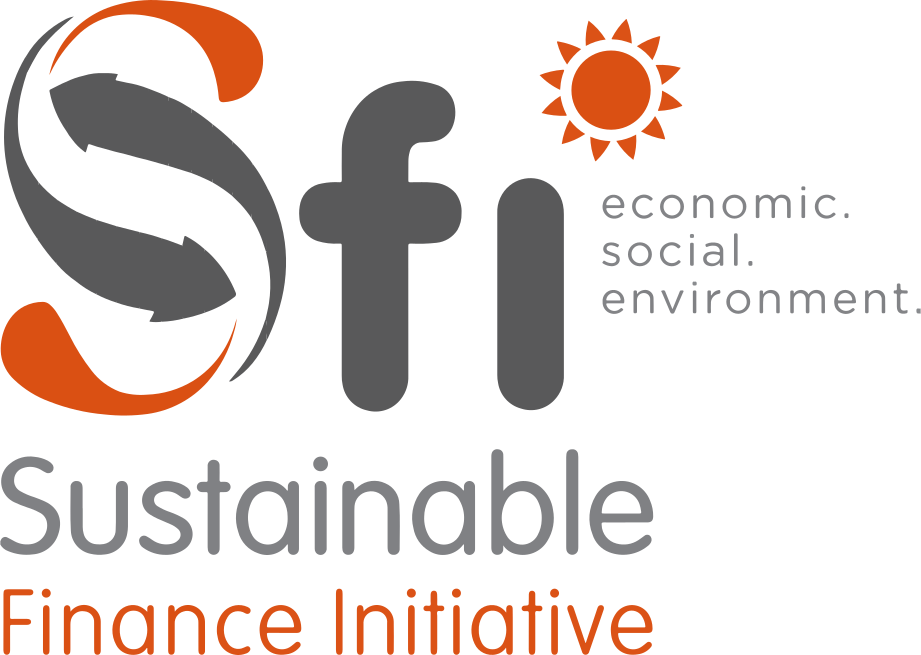KenyaBankersAssociation
Module XII Session I: Banks & Climate-related Risk Management
The following course is designed by the Kenya Bankers Association (KBA) to provide bank employees, bank directors, and suppliers with a detailed review of the CBK Climate Risk Guidelines in the context of the Kenya Climate Change Action Plan and KBA Sustainable Finance Initiative (SFI) Principles

About This Course
The following course is designed by the Kenya Bankers Association (KBA) to provide bank employees, bank directors, and suppliers with a detailed review of the CBK Climate Risk Guidelines in the context of the Kenya Climate Change Action Plan and KBA Sustainable Finance Initiative (SFI) Principles. The coursework also summarizes material, research and presentations by the UNEP-FI, and IFC Sustainable Banking and Finance Network. KBA would like to acknowledge UNEP-FI and the SBFN for their contributions to the content. Additionally, we appreciate International Union for Conservation of Nature and Mitsubishi Corporation Fund for Europe and Africa for their technical and funding support.
Why Central Bank Introduced the Climate Guidelines
Welcome to the course! We hope to answer your questions on how Climate Change impacts banks. One of the questions you may have asked yourself is when it comes to responding to Climate Change concerns, is the Central Bank being too cautious, too soon?
William Shakespeare eloquently said “better three hours too soon than a minute too late.” Indeed, when it comes to the most critical aspects of our lives and society, one would rather err on the side of caution and effective planning. The Banking Act empowers the Central Bank of Kenya to guide institutions in order to maintain a stable and efficient banking and financial system that facilitates economic growth. It is through astute planning and risk management that the Central Bank helps us arrange and manage our economy. As such, the Central Bank guidelines on climate risk help address the physical, transition and liability risks faced at both the institutional and industry level.
In this section, you will review global warming and how Africa’s industrial sectors and livelihoods are at risk. We also will cover regulatory enhancements to market supervision, as well as, industry developments aligned to the Paris Climate Agreement.
